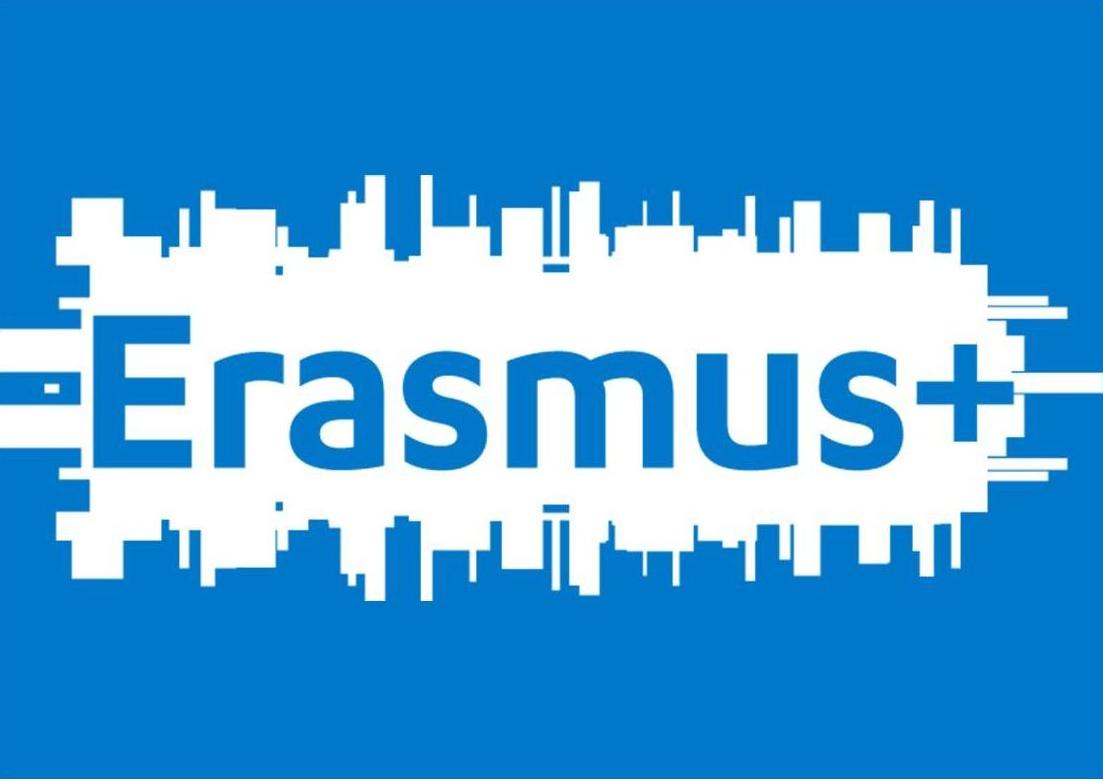Erasmus+: little money, too much administration
Published:
On 7 July 2016, the European Parliament published the study “Erasmus+: Decentralised implementation – first experiences”. This is the first time that the effect of the restructuring of the Lifelong Learning Programme (2007-2014) into Erasmus+ programme (2014-2020) has been evaluated.The current Erasmus+ programme was created in 2014 to finance individual mobility of learners and teachers and projects to improve education in Europe.
The recent research was carried out by the Directorate-General for internal policies for the CULT Committee (Committee for Education and Culture) of the European Parliament’s. The research assessed the situation as well as changes for the 40 National Agencies, which deal with the national level project applications and evaluation of applications, through a survey and interviews.
Important findings of the study concern administrative burdens, funding, diversification of users, user-friendliness and potential of social inclusion of Erasmus+ .
According to 75% of the National Agencies too high administrative burdens (eg. project application and reporting) are among the biggest challenges of the Erasmus+ programme. The other is too much focus on large-scale projects (41%). National Agencies reported that the application process is too complex and inefficient especially for smaller companies.
Concerning the budget of Erasmus+, the majority of National Agencies considers Erasmus+ underfunded:
- Approximately 82% of the responding National Agencies state this for the sector of adult education,
- 62.5% of them report this for the sector of school education,
- 52% of them report this for the sector of higher education and
- 43.5% of them report this for the VET sector.
Similarly, it was found that several high quality project applications have to be rejected due to the limited budget. Considering this, several National Agencies questioned the promotion of Erasmus+ by the European Commission, since a mismatch of promotion and funding opportunities is obvious. While there is 100% budget execution, 80% of applicants cannot be accepted.
Within the Erasmus+, social inclusion of users from disadvantaged backgrounds has improved according to 33% of the National Agencies but remained stable in the view of 36% of the responding National Agencies.
Compared to the predecessor programmes, participation of different type of organisations in the Erasmus+ has changed in the following way:
- 38% of the National Agencies report that enterprises show higher participation, but around 53% consider their participation stable.
- According to 23 of the National Agencies, social partners’ participation is higher. However, 68.6% of the National Agencies recognise a stable rate of participation of the social partners.
ETUCE regrets that the representatives of European-level social partner organisations, such as ETUCE were excluded from Erasmus+ Committee meetings since the Erasmus+ programme was established. We strongly believe that the allocation of the yearly work programme and budget of the Erasmus+ discussed only among the European Commission and the representatives of the governments is not appropriate and the teachers’ trade unions should be allowed to have a say on it. Our member organisations have also reported that application to Erasmus+ budget is too complicated and resource consuming.